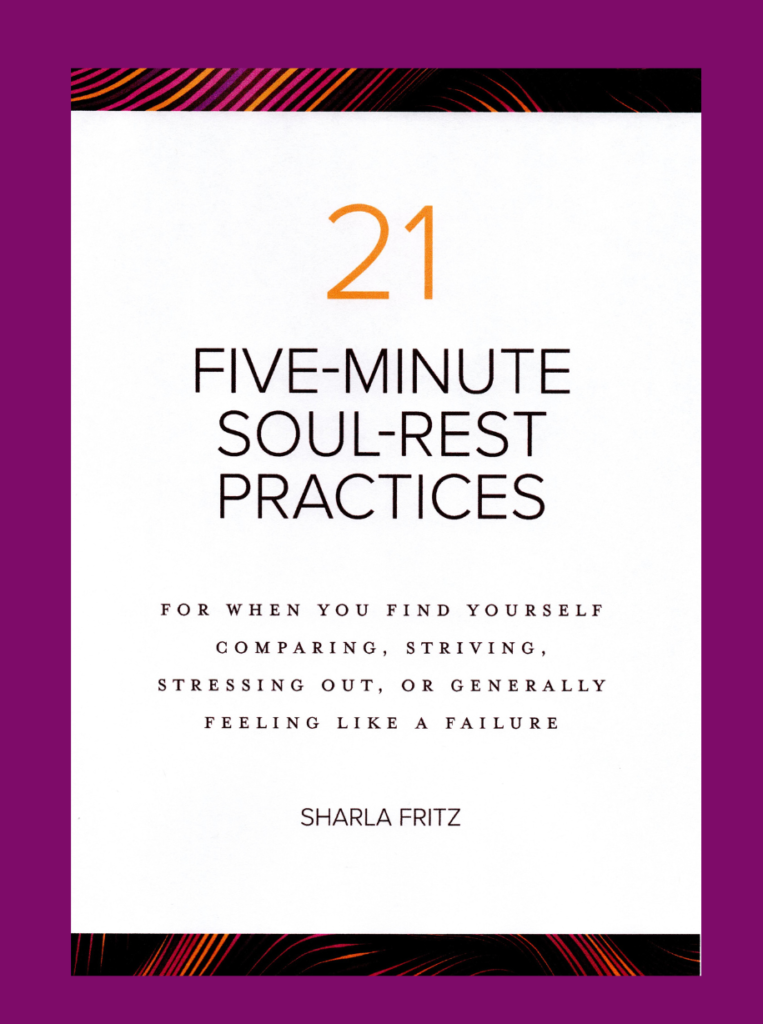
Perhaps when you think of Scripture memory you think of your days in Sunday School or VBS. You diligently memorized the required verses so you could get a gold star or a cool prize. But probably as soon as Sunday School or VBS was over, you promptly forgot those Scriptures.
I know that’s what happened to me. I think it was because I fixed the words in my mind, but not in my heart.
Deuteronomy 11:18 says:
“Fix these words of mine in your hearts and minds.”
God does not want us to memorize His Word as an intellectual exercise only. Yes, any kind of memorization requires concentration and repetition. But if we are only memorizing the words and not the message the words won’t go deep into our souls.
Scripture memory is an exercise of the heart. Through His Word, God tells us over and over again of His love for us. And when we store those words in our hearts, we can pull them up anytime we are discouraged, frustrated, hurt, ridiculed, or even downright depressed.
As we fix God’s Word in our minds and our hearts it changes us. The words weave into the fiber of our souls and transform our attitudes and emotions. The words refashion our purpose and our will.

God wants you to fix Scripture in your mind and heart not as an intellectual exercise but as exercise of love.
But memorizing anything can be hard. So today here are 7 tips I use to help me memorize Scripture.
- Choose verses that are meaningful to you. If a verse speaks to your heart, you will be much more likely to remember it. You will pull it out of your memory banks often when you need encouragement or peace.
- Write the verse on a card that you post by your computer or sink. Review it while you are waiting for the computer to boot up or while you are washing dishes.
- Say the verse out loud. Seeing and hearing the verse will help you fuse it to your memory. When you speak the words it helps your mind to store them securely.
- Memorize phrase by phrase. Read one phrase then try to say it without looking.
- Memorize the reference. Say the reference before and after the verse so you can also remember where to find your favorite Scriptures.
- Review, review, review. Keep a file of verses you have memorized and review them periodically.
- Recite the verse or verses you are memorizing while you are walking, doing chores, or like me–when you are trying to go to sleep.
Lately, I have found Scripture memory to be especially useful when I can’t sleep at night. Somehow when I lay my head on my pillow, I immediately think of all the stupid things I did that day. Or my anxiety about getting everything done resurfaces. Even after I have prayed, confessed, and turned over my worries to God, my mind will run over the concerns like a hamster on an exercise wheel.
But recently I have started using the verses I have memorized as my new hamster wheel. I get off the wheel of regret and worry and hop on the wheel of God’s Word.
Here are a few of the verses that have been especially helpful:
- “The Lord’s unfailing love surrounds the man who trusts in him.” Psalm 32:10b
- “And so we know and rely on the love God has for us. God is love. Whoever lives in love lives in God, and God in him.” 1 John 4:16
- “Grasp how wide and long and high and deep is the love of Christ.” Ephesians 3:18b
As I run over these verses again and again, God gives me peace, contentment,…and sleep.
As you fix God’s words in your minds and hearts, you will discover a transformation of your thinking, a confidence of God’s love for you, and lasting peace in your heart.

































Follow Me!